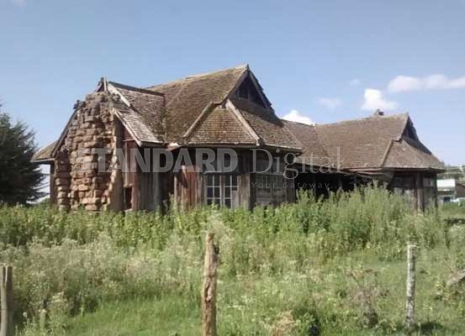×
The Standard e-Paper
Join Thousands Daily

In the last 100 years enough has been written about political transitions and changes. From the country becoming a protectorate in 1895 to attaining uhuru in 1963, the key players and pseudo players are well documented.